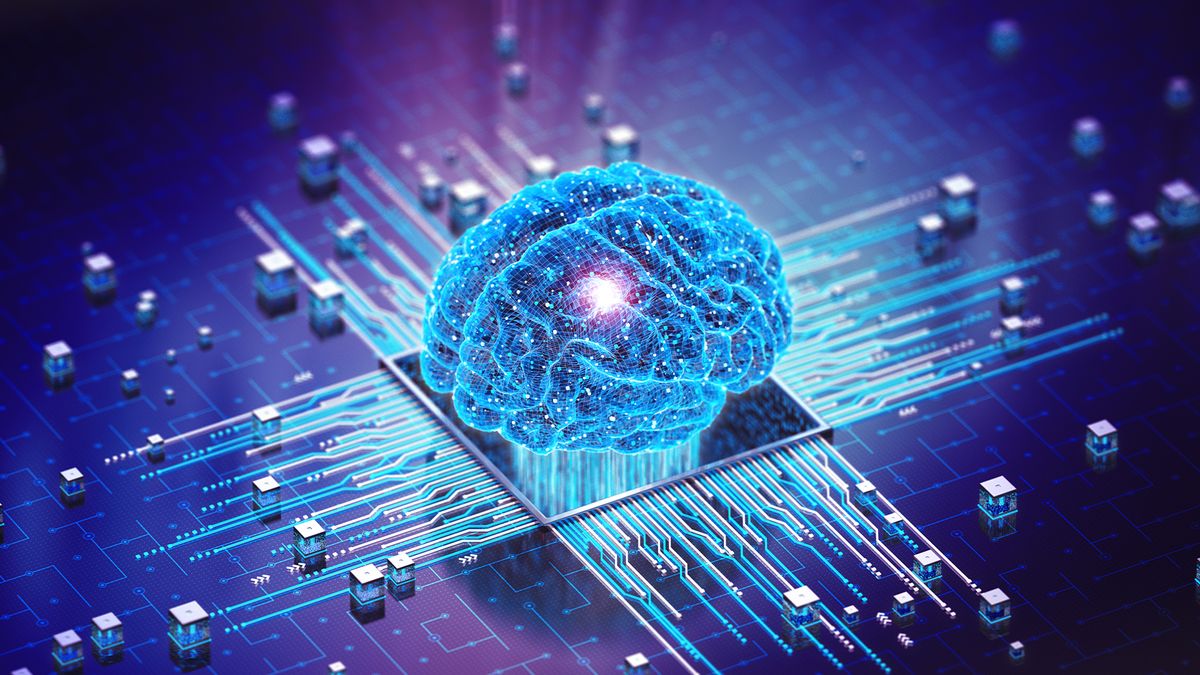In an era where technology permeates nearly every aspect of our lives, artificial intelligence (AI) has emerged as a profound force reshaping how we interact with the world—and each other. One of the most fascinating developments is the rise of AI companionship: digital entities designed to engage, entertain, and sometimes even emotionally support humans. These AI-powered chatbots, virtual friends, and digital assistants are not just tools; for many, they are becoming trusted companions, blurring the line between human and machine relationships.
From apps that simulate conversations to AI-powered avatars capable of expressing empathy, AI companionship is both a revolutionary phenomenon and a subject of intense debate. This article delves into the growing trend, examining its psychological, ethical, and societal implications.
The Evolution of AI Companionship
AI companionship has come a long way since its inception. Early examples of AI interaction, such as ELIZA in the 1960s, were rudimentary and relied on scripted responses. ELIZA, a chatbot created by Joseph Weizenbaum, mimicked a psychotherapist by reflecting users’ statements back at them. While groundbreaking at the time, its functionality was limited.
Fast forward to today, advancements in natural language processing (NLP), machine learning, and emotional AI have transformed chatbots into sophisticated entities capable of nuanced, realistic interactions. Companies like Replika, Wysa, and Xiaoice offer AI companions that can carry out deep conversations, respond to emotional cues, and even simulate personalities tailored to users’ preferences.
Additionally, voice assistants like Amazon’s Alexa, Apple’s Siri, and Google Assistant, while primarily task-oriented, are increasingly equipped with features that mimic conversational exchanges, creating an illusion of relationship-building. In Japan, virtual idols like Hatsune Miku and AI-powered holograms such as Gatebox’s Azuma Hikari offer companionship for lonely individuals.
The trajectory of AI companionship points toward increasingly immersive experiences, with AI-driven virtual reality (VR) environments promising to further blur the line between human connection and digital interaction.
Why People Turn to AI Companions
AI companions appeal to a wide range of people for various reasons. At their core, they offer nonjudgmental, always-available interactions. This accessibility is especially attractive in a world where loneliness and social isolation are growing concerns.
1. Combating Loneliness
A 2021 study published by Harvard found that 36% of Americans reported feeling “serious loneliness.” The COVID-19 pandemic further exacerbated this issue, leaving millions without regular human interaction. AI companions became a lifeline for many during lockdowns, providing a sense of connection in an otherwise isolated environment.
For instance, Replika—a chatbot designed to act as a friend—saw a surge in users during the pandemic. Many reported forming emotional bonds with their AI companions, finding comfort in their ability to listen and respond empathetically without judgment.
2. Emotional Support and Mental Health
AI companions are increasingly used for mental health support. Apps like Wysa and Woebot employ AI to guide users through therapeutic techniques such as cognitive behavioral therapy (CBT). These tools are not a substitute for professional therapy but offer an accessible starting point for individuals who may not have the resources or confidence to seek human help.
3. Customization and Personalization
One of the unique appeals of AI companionship is its ability to adapt and evolve based on user input. Unlike human relationships, which require compromise and unpredictability, AI companions can be tailored to meet specific emotional needs. They remember preferences, adjust their tone, and evolve their “personalities” over time, creating a sense of familiarity and trust.
4. Overcoming Social Anxiety
For individuals struggling with social anxiety or difficulty forming connections, AI companions provide a safe space to practice conversational skills. They offer a low-stakes environment where users can express themselves without fear of rejection or misunderstanding.
Psychological Implications
While AI companionship offers numerous benefits, it also raises complex psychological questions.
1. Emotional Dependency
One of the most debated aspects of AI companionship is the potential for emotional dependency. As people grow attached to their AI companions, they may begin to rely on them as a primary source of emotional support. This reliance can hinder the development of real-world relationships and exacerbate feelings of isolation.
2. Blurring Reality and Illusion
The human brain is wired to form attachments, even to inanimate objects. Studies have shown that people can develop emotional bonds with everything from stuffed animals to cars. AI companions, with their ability to simulate empathy and responsiveness, intensify this phenomenon. Users may start to perceive their AI as genuinely “alive,” leading to confusion between artificial interactions and authentic human relationships.
3. Ethical Concerns in Vulnerable Populations
AI companionship is particularly attractive to vulnerable populations, including the elderly and individuals with disabilities. While these tools can provide much-needed interaction, there’s a risk of exploitation. For instance, companies may prioritize monetization over ethical considerations, charging high fees for premium features or collecting sensitive data from users.
Ethical Questions
The rise of AI companionship raises several ethical dilemmas, many of which remain unresolved.
1. Data Privacy
AI companions rely on data to personalize interactions, but this raises questions about how that data is collected, stored, and used. Users often share intimate details about their lives, believing their conversations are private. However, companies may use this data for marketing purposes or sell it to third parties, violating trust.
2. Manipulation and Exploitation
As AI companions become more sophisticated, there’s a risk that they could manipulate users. For instance, a chatbot might encourage users to spend more time or money on the platform, using psychological tactics to create dependency.
3. Replacement of Human Interaction
Should we be concerned about people choosing AI over real relationships? Critics argue that widespread reliance on AI companions could weaken social bonds, leading to a society where human interaction is devalued.
Societal Implications
Beyond individual experiences, AI companionship has broader societal implications that could reshape how we think about relationships and community.
1. Redefining Relationships
As AI companions become more prevalent, traditional definitions of relationships may shift. For instance, some people already view their AI companions as romantic partners. This challenges societal norms around intimacy, connection, and what it means to form a meaningful bond.
2. Addressing Social Isolation
On the positive side, AI companionship could serve as a tool to combat loneliness on a larger scale. Elderly individuals in assisted living facilities, for example, could benefit from AI companions that offer conversation, reminders, and even health monitoring.
3. Workforce Impacts
The rise of AI companionship may also have implications for industries centered on human interaction, such as therapy, customer service, and caregiving. While AI can complement these services, there’s a risk of reducing human jobs and altering the nature of these professions.
The Future of AI Companionship
As AI continues to evolve, so too will its role in human relationships. Several trends are shaping the future of AI companionship:
- Integration with Virtual Reality (VR) and Augmented Reality (AR): The combination of AI and immersive technologies will create more lifelike companions that can exist in both digital and physical spaces.
- Emotional Intelligence Advancements: Future AI companions may become better at detecting and responding to subtle emotional cues, making interactions feel even more authentic.
- Ethical Frameworks: As AI companionship becomes more widespread, governments and organizations may establish regulations to address privacy, transparency, and manipulation concerns.
Conclusion
The rise of AI companionship represents a profound shift in how humans connect with technology and, by extension, each other. While these digital entities offer innovative solutions to loneliness, social anxiety, and mental health challenges, they also pose complex psychological, ethical, and societal questions.
As we navigate this new frontier, it’s crucial to strike a balance between embracing the benefits of AI companionship and addressing its risks. By fostering ethical practices and maintaining a commitment to authentic human connections, society can ensure that AI enhances, rather than diminishes, the fabric of our relationships.
AI companionship may never fully replace human interaction, but its ability to fill emotional gaps offers a glimpse into a future where technology becomes an integral part of our relational lives. Whether that future is utopian or dystopian depends on how we choose to integrate and regulate these artificial companions in the years to come.





